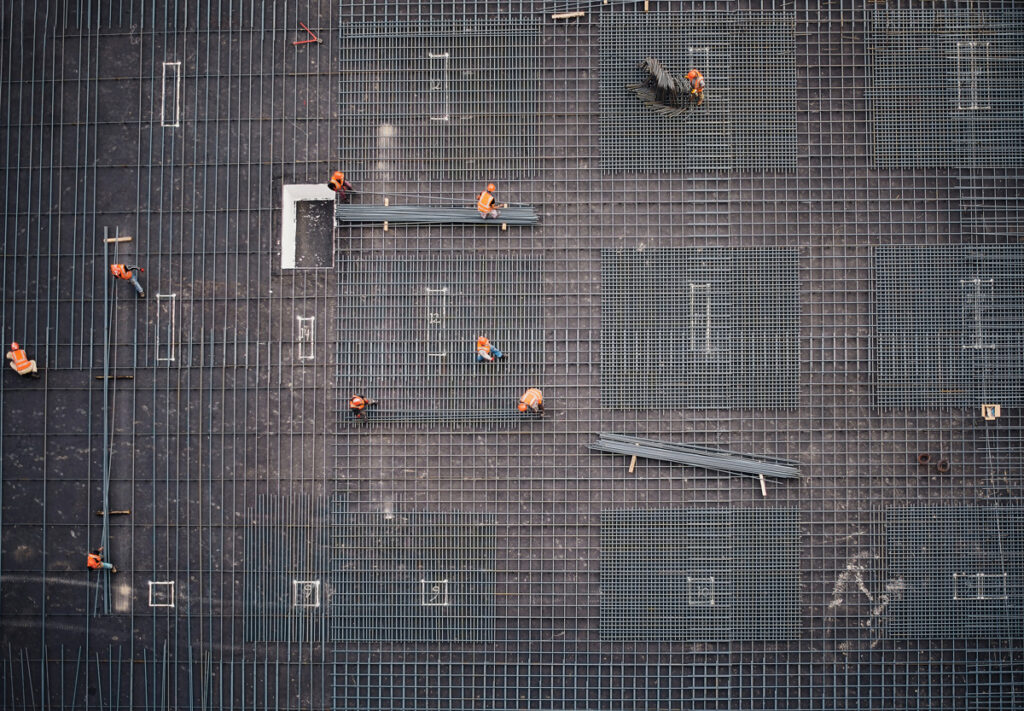GECA supports built environment sector reaching net zero carbon emissions by 2050
GECA is a signatory to the World Green Building Council’s (WorldGBC) bold new vision for how buildings and infrastructure around the world can reach 40 per cent less embodied carbon emissions by 2030, and achieve 100 per cent net zero emissions buildings by 2050.
Together, building and construction are responsible for 39 per cent of all carbon emissions in the world. The emissions released during the manufacturing, transportation, construction and end of life phases of all built assets, commonly referred to as embodied carbon, have historically been overlooked despite contributing around 11 per cent of all global carbon emissions.
“Our new report is a solution-focused response to the urgent need to significantly reduce upfront emissions in buildings and construction and demand action across carbon intensive industries and materials,” said Cristina Gamboa, WorldGBC CEO.
Achieving drastic cuts in all carbon emissions over the next decade is critical to keeping global temperature rise to 1.5℃. Therefore, addressing embodied carbon is crucial to fighting the climate crisis. The Bringing Embodied Carbon Upfront report is a call to action to fully decarbonise the built environment sector by eliminating both operational and embodied carbon emissions.
The WorldGBC report presents a clear pathway of actions that designers, investors, manufacturers, government, NGOs and researchers across the whole value chain can take to accelerate decarbonisation, address current market barriers and, develop low carbon alternative solutions for the market. However, the report warns that change will not happen unless there is a radical shift in how the industry works together to enable a market transformation.
“The implementation of industry-driven instruments for carbon mitigation in the building environment is essential to achieving Australia’s international commitments on climate change mitigation,” said Kate Harris, GECA CEO. “As a world-leading ecolabel, focused on production and consumption, we are currently evaluating further actions to tackle embodied and operational carbon in building materials and consumer products based on a life cycle approach.”
After assessing the main drivers and threats in the Australian building industry, GECA will have a strong focus on:
- Improving the traceability and carbon accounting practices within supply chains
- Identifying the stages of the life cycle of any product or materials that are more detrimental in terms of carbon emissions
- Identifying low-carbon, carbon-neutral and carbon positive products and their positive implications in the whole supply chain and
- Promoting sustainability-based consumption patterns aligned with a circular economy perspective.
GECA’s role in this international effort will be further outlined in their Carbon Positive Roadmap, which will be released at the end of 2019.



